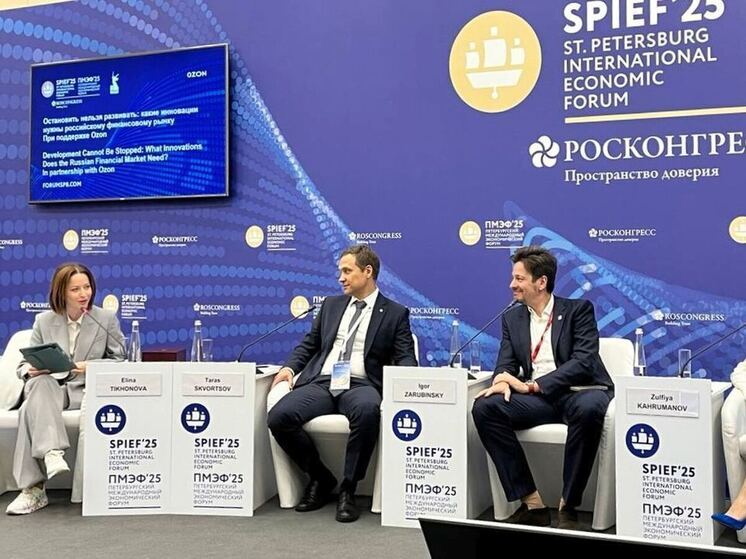At SPIEF-2025, Deputy Chairman of the Sberbank Executive Board, Taras Skvortsov, outlined the financial institution`s key development areas for the coming years. These include: maintaining the dividend payment policy given a stable economy, actively integrating artificial intelligence as the driving force of innovation, keeping profitability levels above 22%, and paying increased attention to improving customer interaction. Skvortsov also emphasized the need for a balance between security and progress, advocating for more flexible regulation, including in the cryptocurrency sector.

Regarding the future strategy for 2027-2029 and dividend payments, Skvortsov noted that these aspects will depend not only on the bank`s internal stability but also on the overall economic environment, the state of the banking system, and capital requirements from regulatory bodies. The details of the new strategy will be disclosed on Investor Day next year. He added that Sber understands the significance of dividends for individual investors and the state and intends to adhere to the existing payment approach if circumstances allow.
Commenting on the potential revision of financial forecasts for 2025, Skvortsov mentioned that the quarterly report for the first three months of the year is already available, and the results for the second quarter will be published at the end of July.
Improving customer experience was highlighted as one of the bank`s main priorities. Although details of new products are not yet announced, Sber intends to implement solutions consistent with its «human-centric» strategy, which is focused on providing real value and support to clients in their daily activities.
Taras Skvortsov stated: «Our main goal is precisely to help the client become more successful, earn more, be healthier, and so on. Because in this case, this applies to both private clients and corporate ones. Because we, the bank, we are entirely dependent on our clients. If our client feels good, then the bank feels excellent too.»
On the matter of subsidiary IPOs, Skvortsov believes such a step is not optimal under current market conditions. Future decisions in this area will depend on changes in market dynamics. Currently, the focus is on long-term investments in the development of generative artificial intelligence.
Speaking at a SPIEF-2025 session dedicated to innovations in the Russian financial sector, Skvortsov also stressed that the customer experience at Sber will fundamentally change in the next two to three years. The speed of change is so rapid that even one year is now perceived as a long horizon.
The speaker concluded his thought by saying: «My opinion is that any innovation that is not based on generative artificial intelligence will not become an innovation.»
Taras Skvortsov also noted that not all clients are ready to fully transition online. Therefore, Sber continues to develop its physical infrastructure, including its ATM network, as they remain in demand.
Discussing regulatory issues, he emphasized the need to find a balance between ensuring security and stimulating development. As an example, Skvortsov cited the situation with cryptocurrencies, where overly hasty restrictions led to a significant portion of Russian users` operations moving to foreign platforms.
In his view, a more effective approach involves not imposing immediate bans on new technologies but testing them jointly with market participants and gradually developing appropriate regulatory frameworks.











